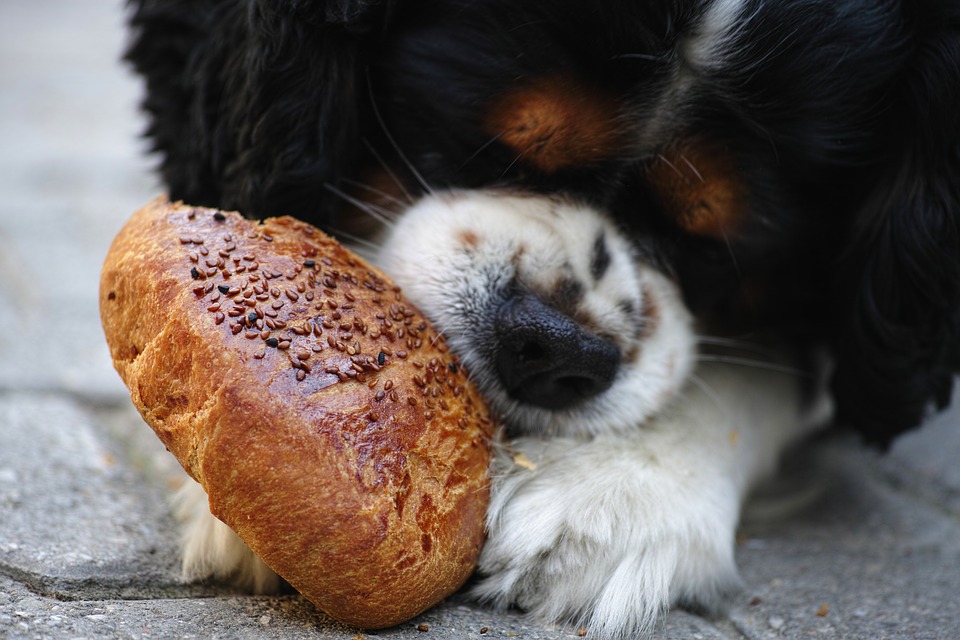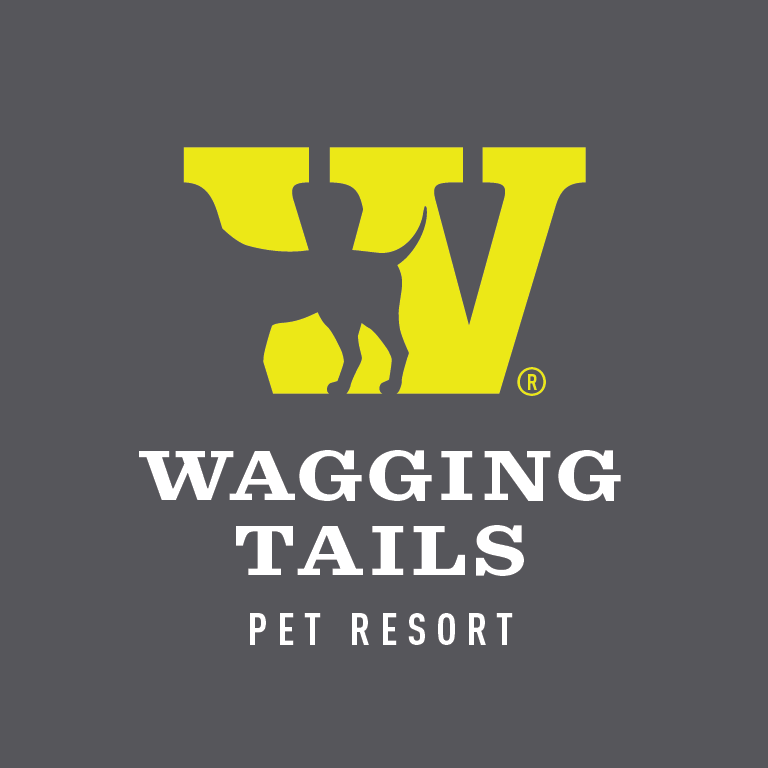Watch What They Eat
Foods That Can Be Dangerous for Dogs
Halloween is right around the corner and the holiday season isn’t far behind! As we move into this decadent time of year that practically bursts at the seams with delicious candies and treats, we thought it would be helpful to share a reminder about common foods that can be dangerous for our four-legged friends.
 Chocolate & Candy
Chocolate & Candy
Most people know that chocolate isn’t good for dogs, but neither is anything containing the toxic sweetener Xylitol. Xylitol can be found in several edible products, including chewing gum, sugar-free candies, baked goods, cereal, and even peanut butter.
Fruit & Veggie Seeds
While you may think fruits and veggies are good for your dog, their seeds and pits can cause problems! These include apple seeds and apricot, peach, or cherry pits. Dogs should also avoid avocados, grapes, raisins, and the leaves and stems of tomatoes. And if you’ve got rhubarb in your backyard, make sure to keep your dog from eating the leaves; they’re also poisonous.
Nuts
Nuts may be a nutritious snack for humans, but the oils and fats in almonds, walnuts, and pecans can cause vomiting, diarrhea, and even pancreatitis in dogs. Macadamia nuts can also lead to serious health complications, including weakness, tremors, and hyperthermia.
Onions, Garlic, & Chives
When dogs ingest these ingredients, they can experience gastrointestinal irritation that can lead to red blood cell damage.
Caffeine & Alcohol
Your morning cup of coffee may give you the burst of energy you need to make it through the day, but dogs are more sensitive to its effects than people. While a tiny slurp of tea or coffee shouldn’t hurt your dog, consuming coffee grounds or tea bags can easily cause serious complications.
Alcohol also poses risks for dogs, whether they steal a taste from your glass or stumble across a rum-soaked fruitcake. Dogs rapidly absorb alcohol into their bloodstream, so alcohol poisoning can occur quickly.
For more extensive information on Animal Poison Control, visit ASPCA.org.

